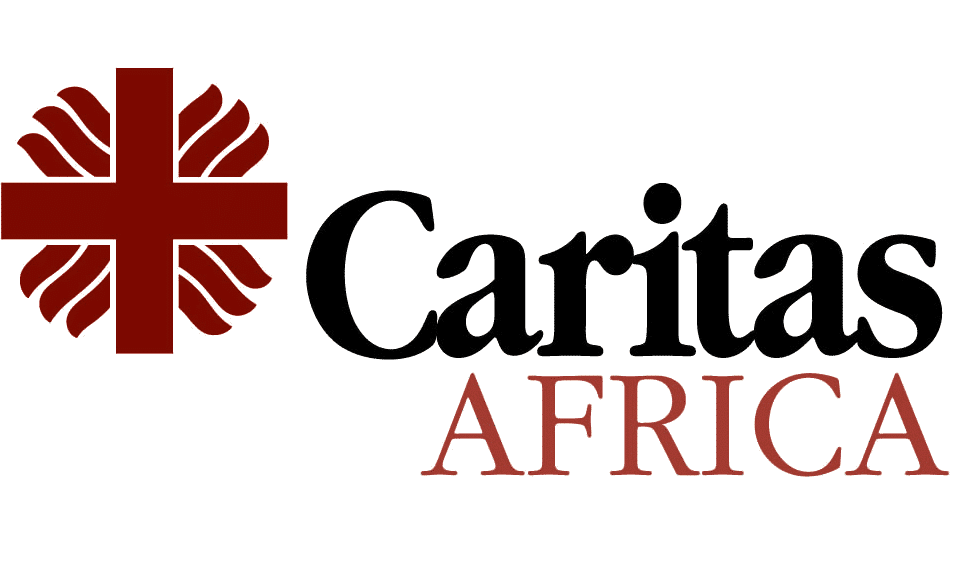Version française: cliquer ici
At the invitation of the World Bank, I participated on 1st and 2 July 2009 at Accra, Ghana, in a high level meeting of religious leaders on service delivery, poverty and development. The meeting, jointly organized by the World Bank’s Development Dialogue on Values and Ethics and the World Faiths Development Dialogue, was funded by the World Bank and the United Kingdom’s Department for International Development (DFID). The meeting was a follow-up on four earlier meetings hosted at Lambeth Palace in London, England in 1998, 1999, and 2002, and most recently in Dublin, Ireland in 2005. Earlier meetings convened a wide range of faith and interfaith leaders, and sparked momentum for better coordination between the faith-based and mainstream development communities, exchanges of practices, and targeted advocacy for effective development policy and an increase in investments in development. A core conclusion of the 2005 Dublin meeting was that the next phase of dialogue should “look actively for a practical and better defined path forward for faith and development collaboration.”

The Accra meeting was co-chaired by Graeme Wheeler, World Bank Managing Director, and Lord Carey of Clifton, former Archbishop of Canterbury. There were some 80 participants including faith leaders, managers of faith-inspired organizations delivering services to the poor, government officials, representatives from donors and multilateral development organizations, foundations, and representatives from major interfaith organizations. The focus of the meeting was on Africa, including fragile states where development needs are highest and faith-inspired networks and organizations are the most active in service delivery. Representatives from the Christian, Muslim and Jewish communities actively participated in the discussions in a most cordial and open atmosphere conducive to mutual trust and understanding. Among the participants were Cardinal Theodore McCarrick, Archbishop Emeritus of Washington and Board Member of Catholic Relief Services, Archbishop Diarmuid Martin, Archbishop of Dublin, former Secretary of the Pontifical Council for Justice and Peace, Father Pol Feyen, a Don Bosco priest most active among the many street children in Kinshasa, Democratic Republic of Congo, and many other personalities coming from various religious denominations.
The Accra meeting had three main objectives: to take stock of the extensive and rich experience on the ground of faith-inspired networks and organizations in implementing development programs and policies; to discuss the role of religious leaders as advocates on strategic development issues at regional and global levels, with emphasis on how to scale up successful development programs and policies; and to identify clear ways forward for expanding analytical work, capacity development, and policy dialogue involving faith and development, especially for service delivery in education, health and social protection.
The participants have been able to acquire quite a lot of information from the background notes and case studies that had been prepared in advance of the meeting. They have consequently been in a position to have informed discussions on the roles played by faith-inspired networks and organizations in development programs and policies. It was very encouraging to note that the participants, although coming from extremely diverse background, were capable to reach common understandings of the various roles, practical and policy challenges, especially regarding relationships with partners such as governments and donors, and possible steps to increase and better document the impact of their work.
It is clear from the discussions that faith-based organisations are generally recognised for the quality of service they deliver. This is due to the commitment of those who work for such organisations as well as to the professional approach they adopt to ensure the effectiveness of their work. The social workers of these organisations obey to a set of values and ethics that enhance human dignity.
During the plenary sessions, as well as during informal conversations with other participants, I was able to explain the work of Caritas in Africa and share ideas on many of the issues with which we are all confronted. Given the diversity of participants in the meeting, there was ample opportunity for networking and I have been able to establish quite a number of contacts that may prove quite useful in future.
At the conclusion of the meeting, all agreed that it was imperative to move forward with some practical and concrete initiatives, in particular, to find ways and means of working together so that there could be developed a lot of synergy that would enhanced the work done for the most vulnerable groups of society while ensuring that common guiding values and principles be adopted by all Faith Inspired Networks and Organisations (FINOs).
Both Katherine Marshall, Director, World Faiths Development Dialogue, and Quentin Wodon, Advisor, Development Dialogue on values and Ethics, World Bank, gave the assurance that they will see to it that there is a concrete follow-up to the discussions and deliberations that have taken place during the two-day meeting. All felt committed to improve their service delivery, to enhance their advocacy campaigns, to seek partnerships and to work together with Governments, businesses, civil society and NGOs, including FINOs. Graeme Wheeler was very positive in insisting upon the possibility for the World Bank to help FINOs. The role played by such organisations needs to be better known and they can influence decision makers so that the plight suffered by the most vulnerable groups of society be effectively and significantly reduced.
Cardinal Theodore McCarrick gave a simple and yet effective recipe that can considerably help one another to work together. He explained the five steps to be observed: people must first of all talk with one another, then talk to one another, so that we can all understand each other, then appreciate one another before we can work with one another. The Accra meeting has gone a long way towards motivating participants put into practice this five-step process, more particularly after having been reminded by Lord Carey, quoting Edmond Burke, that “Nobody made a greater mistake than he who did nothing because he could only do a little.”
Jacques Dinan
Executive Secretary
Caritas Africa
5 July 2009
